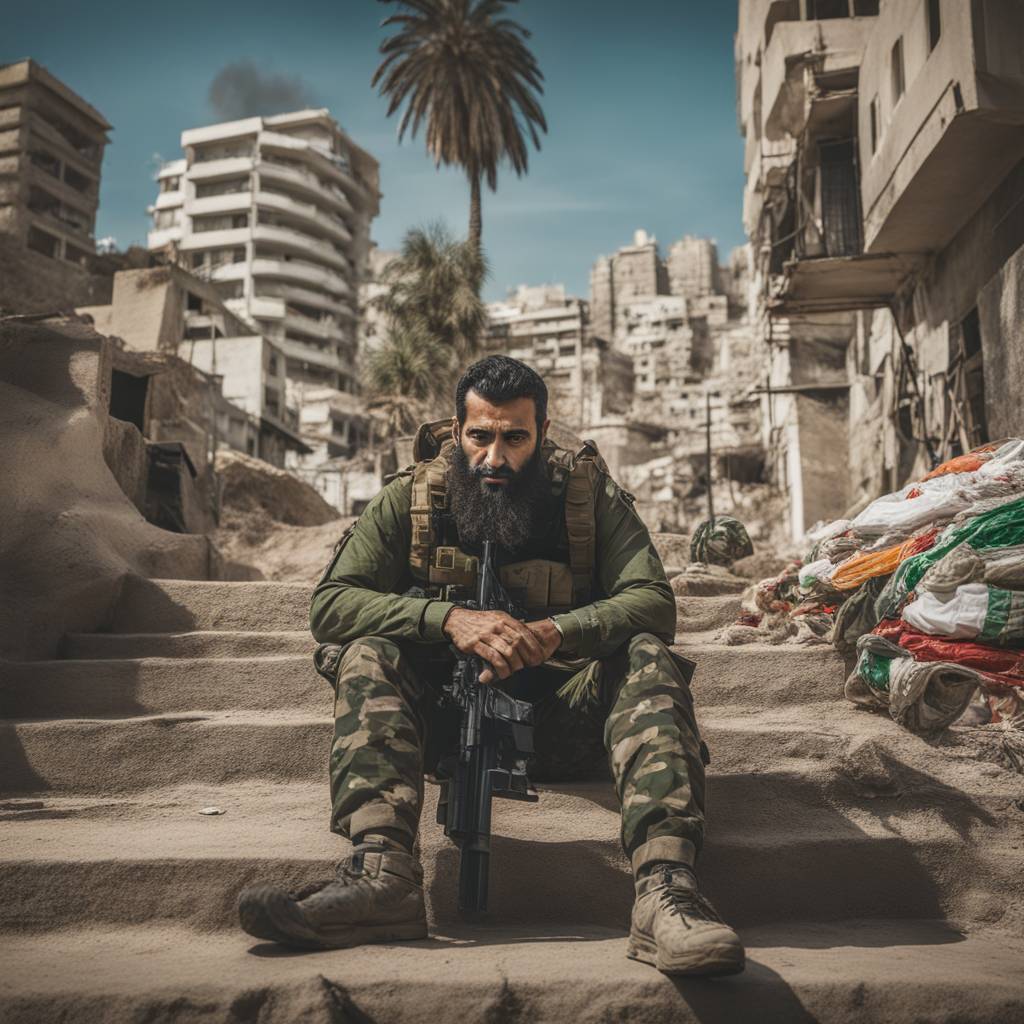Lebanese man Mohammad Srour was found dead after a week of being missing, with his body showing bullet wounds. Srour was sanctioned by the U.S. in 2019 for his alleged links with Hamas and Hezbollah. U.S. officials claimed Srour provided financial support to Hamas from Iran’s Islamic Revolutionary Guard Corps. Lebanese judicial officials said Srour worked for Hezbollah’s financial arm, and a top U.S. Treasury official visited Lebanon to urge authorities to obstruct funds being funneled to Hamas. Srour’s relatives denied the allegations against him, claiming his financial transactions were transparent and he was only involved in money exchange.
Lebanon’s Prime Minister has denied allegations of money laundering in France, further complicating the situation. Srour’s death has raised questions about the circumstances surrounding his disappearance and the motives behind his killing. The U.S. sanctions against Srour were based on accusations of providing financial and material support to Hamas, which is currently engaged in conflict with Israel’s military in Gaza. The involvement of Srour with Hezbollah’s financial arm adds another layer of complexity to the situation. The relatives of Srour, in a televised statement, have urged security agencies to swiftly find the perpetrators responsible for his death.
The unclear circumstances surrounding Srour’s death have raised concerns about the safety of individuals being targeted for their alleged connections to militant groups in the region. The fact that Srour’s body was found with bullet wounds indicates a violent end to his life, further emphasizing the potential dangers faced by those accused of supporting organizations like Hamas and Hezbollah. The visit of a top U.S. Treasury official to Lebanon in March highlights the international interest in disrupting the flow of funds to Hamas through the country. Srour’s case serves as a reminder of the global implications of alleged financial support to designated terrorist groups.
The investigation into Srour’s death is ongoing, with Lebanese state media reporting that he was last seen at a money transfer shop withdrawing a payment sent to him. The fact that Srour was targeted in a public area raises concerns about the security of individuals associated with militant groups. The involvement of Iran’s Islamic Revolutionary Guard Corps in the allegations against Srour adds a geopolitical dimension to the situation, with tensions already high in the region. The claims made by U.S. officials about Srour’s financial activities underscore the complexities of the conflict between Israel and Hamas, with Lebanon now becoming a focal point for international efforts to disrupt the flow of funds to the Palestinian group.
In conclusion, the death of Mohammad Srour highlights the risks faced by individuals accused of supporting militant groups in the Middle East. The allegations against Srour have raised questions about the extent of Hezbollah’s involvement in the region, as well as the international efforts to disrupt the flow of funds to Hamas. The circumstances surrounding Srour’s death remain unclear, but his relatives have denied the accusations against him and called for a swift investigation. The visit of a top U.S. Treasury official to Lebanon underscores the international interest in disrupting the flow of funds to designated terrorist groups, adding another layer of complexity to the situation. The ongoing investigation into Srour’s death will likely reveal more about the connections between militant groups in the region and the potential risks faced by individuals involved in financial activities with these organizations.


